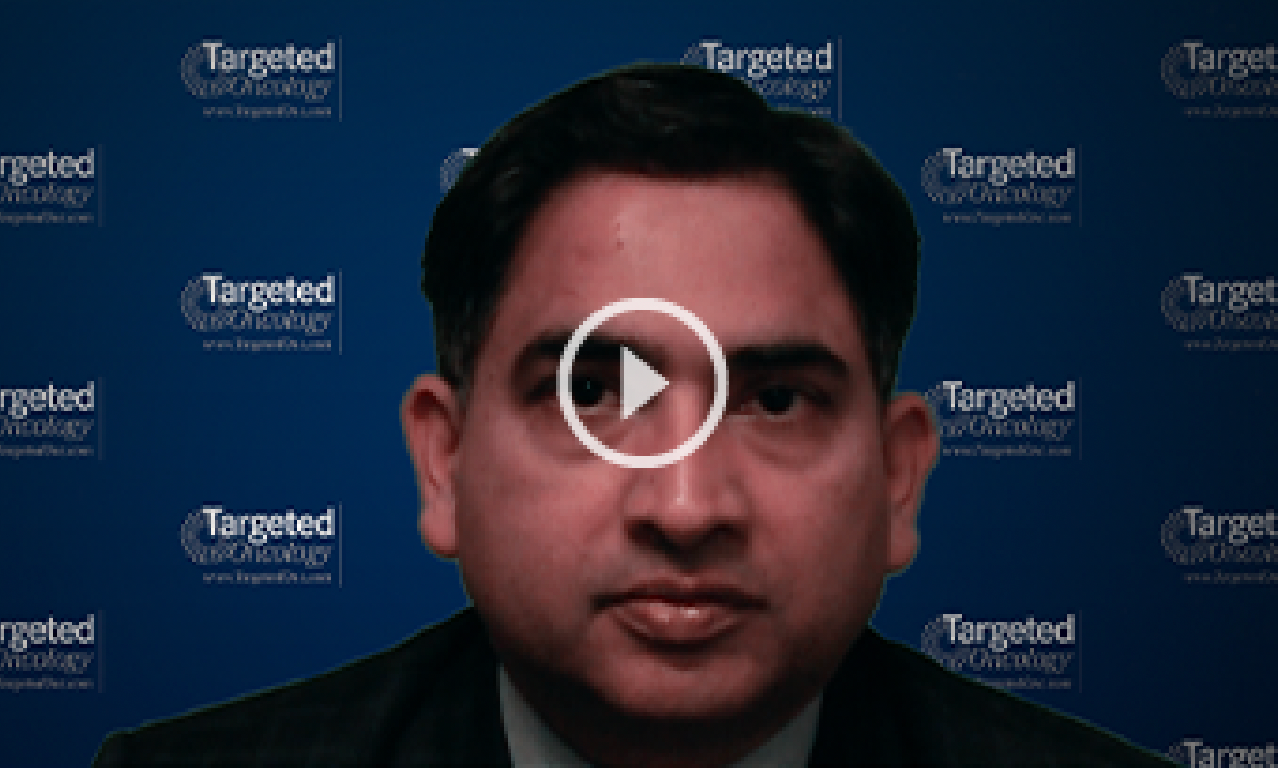Aspirin Associated With Lower Brain Tumor Risk
Despite previous unclear data, recent research suggests that aspirin use is associated with a lower risk of glioma.
Desiree Ratner, MD

Rose K. Lai, MD
Despite previous unclear data, recent research suggests that aspirin use is associated with a lower risk of glioma.
The study, dubbed the Glioma International Case-Control Study (GICC), found that use of aspirin for 6 months or greater was associated with 33% lower glioma risk compared to those who never took aspirin (adjusted Meta-OR 0.67, 95% CI 0.54-0.83).1
The study, which included 4,000 newly diagnosed patients with glioma from 14 institutions worldwide, was designed to clear up conflicting results from several smaller studies done in the U.S. and in Europe. .
“The results of previous studies have been conflicting, but there has been some evidence showing that aspirin may be associated with a lower risk of glioma,” said lead study author Rose K. Lai, MD, clinical associate professor of Neurology, University of Southern California. “Because these studies are so small, it's not clear that these results can hold true in a larger population in different places in the world. The advantage of this study is that it's a very large study that allows us to explore the question in deeper detail.” .
In an interview withTargeted Oncology, Lai discusses the findings of the GICC and what it means for glioma.
TARGETED ONCOLOGY:How was the GICC study designed??Lai:The Glioma International Case Control Study is an NCI-funded consortium that consists of about 14 institutions. The goal of the consortium is basically to study risk factors related to glioma and glioblastoma, which is a very malignant brain tumor with a very short survival despite recent advancements in treatment. Also, we are trying to study the genetics that are linked to this disease. That's the background of this study.
The consortium gathered data, about 4,000 newly diagnosed glioma cases and then had 4,000 frequency match controls, healthy people that are recruited in the same hospitals that these patients were treated. The study question is whether or not aspirin, and non-steroidal, anti-inflammatory drugs are shown to be associated with the risk of this disease.
We were able to go into more detail, like for example, by looking at patients who may have been exposed to the drug for a long period of time, because it would make sense that there is an association among those who have taken the drug for at least 5 to 7 years. We learned that from cancer prevention studies in more common cancers. This allows us to look at that because we have a lot of different subjects, and it allows us to look at the different histology.
As I mentioned, glioblastoma is the most common glioma and is the most malignant, but there are also lower grade gliomas that are more difficult to study because they are lower in frequency.
TARGETED ONCOLOGY:What were the most significant findings?Lai:We confirmed some previous studies that aspirin is associated with a lower glioma risk. The second most significant finding is that subjects that have taken aspirin for a longer period of time have stronger associations. However, that is limited in the study because subjects must recall how much of the drugs they've taken, and some of these patients after surgery are not able to say accurately how much drug they've taken.
Then with the control studies, you often wonder how comparable the control population is with the glioma population in terms of their habits, their medical histories, and in terms of their socioeconomic backgrounds. It seems to us that some of the more socioeconomic factors like their gender, age groups, and ethnicities in the U.S. are very well-matched. We try to correct for educational factors that will be involved in these kinds of studies and it seems not to be a factor.
TARGETED ONCOLOGY:What are the next steps?Lai:We're interested at looking at more studies maybe outside the U.S. that had pharmacy records. In the U.S., this doesn't exist on a population base level, but I think we can still do this with some managed care, possibly with an electronic system, where we could look into a patient-reported drug use and how much drugs were dispensed at a pharmacy over the years.
Part of the effort is to try to conduct this type of study using a somewhat different methodology in the U.S. and also elsewhere. It's also very important to follow these subjects prospectively, so asking the same question but in cohorts that are prospectively collected. There are very large studies in the US, like the Cancer Prevention Study 3, which is ongoing right now, which basically asks the individual to donate a blood samples at certain time intervals. This way you can track these subject's drug use and also future diagnosis of brain tumors in that way.
Those kinds of studies are very important as a complimentary method to what we have done. .
TARGETED ONCOLOGY:What should community oncologists take away from these findings?Lai:I think it's important to realize that there's an association detected with the kind of study that we have done, which is a case control study between aspirin and glioma risk. This does not mean right now that patients in the general population should start taking aspirin because they're afraid they're going to develop glioma or glioblastoma because of a family member who had a diagnosis. The data does not suggest at this stage that aspirin is indicative, because aspirin also has side effects and gastrointestinal bleeding is one of those.
So, currently we are not at a stage to understand this kind of association, and if it does exist then what is the risk/benefit association ration? That's very important to the study as well in the future.
1) Lai R, Zhiu R, Amirian S, et al. Aspirin, non-steroidal anti-inflammatory drugs (NASAIDS) and risk of glioma: Results from the Glioma International Case Controlled Study. Presented at the 2016 AACR Annual Meeting. Presented at: AACR 2016 Annual Meeting, New Orleans; April 16-20, 2016. Abstract 3446.
FDA Approves FoundationOne CDx as Companion Diagnostic for Tovorafenib in Pediatric Low-Grade Glioma
January 17th 2025FoundationOne CDx is now FDA-approved as the first companion diagnostic for tovorafenib, enabling targeted treatment for relapsed/refractory pediatric low-grade glioma with BRAF mutations or rearrangements.
Read More










